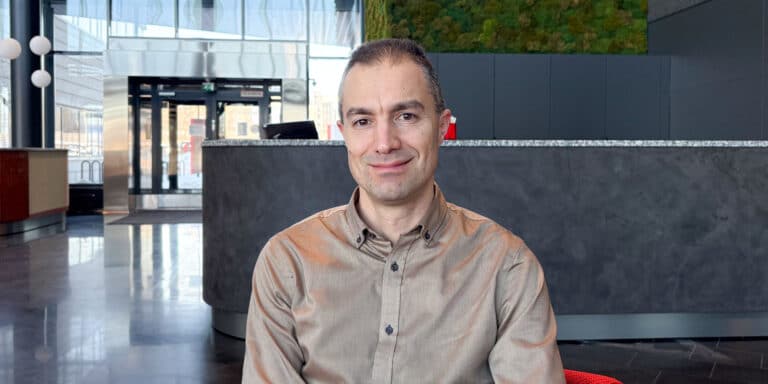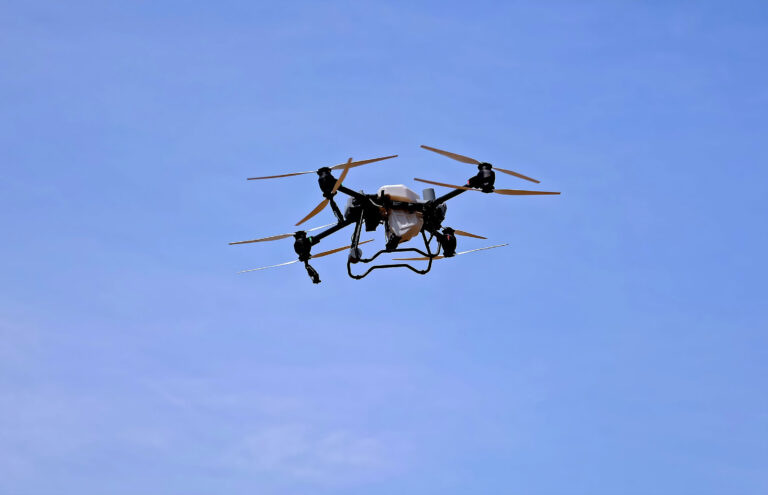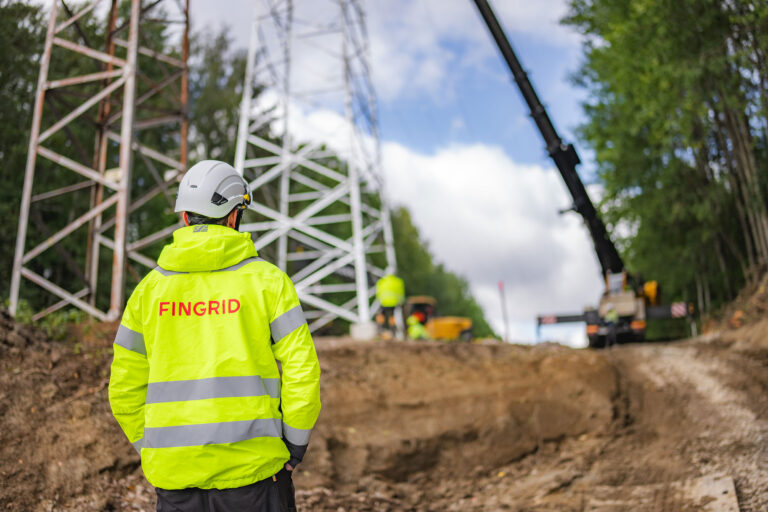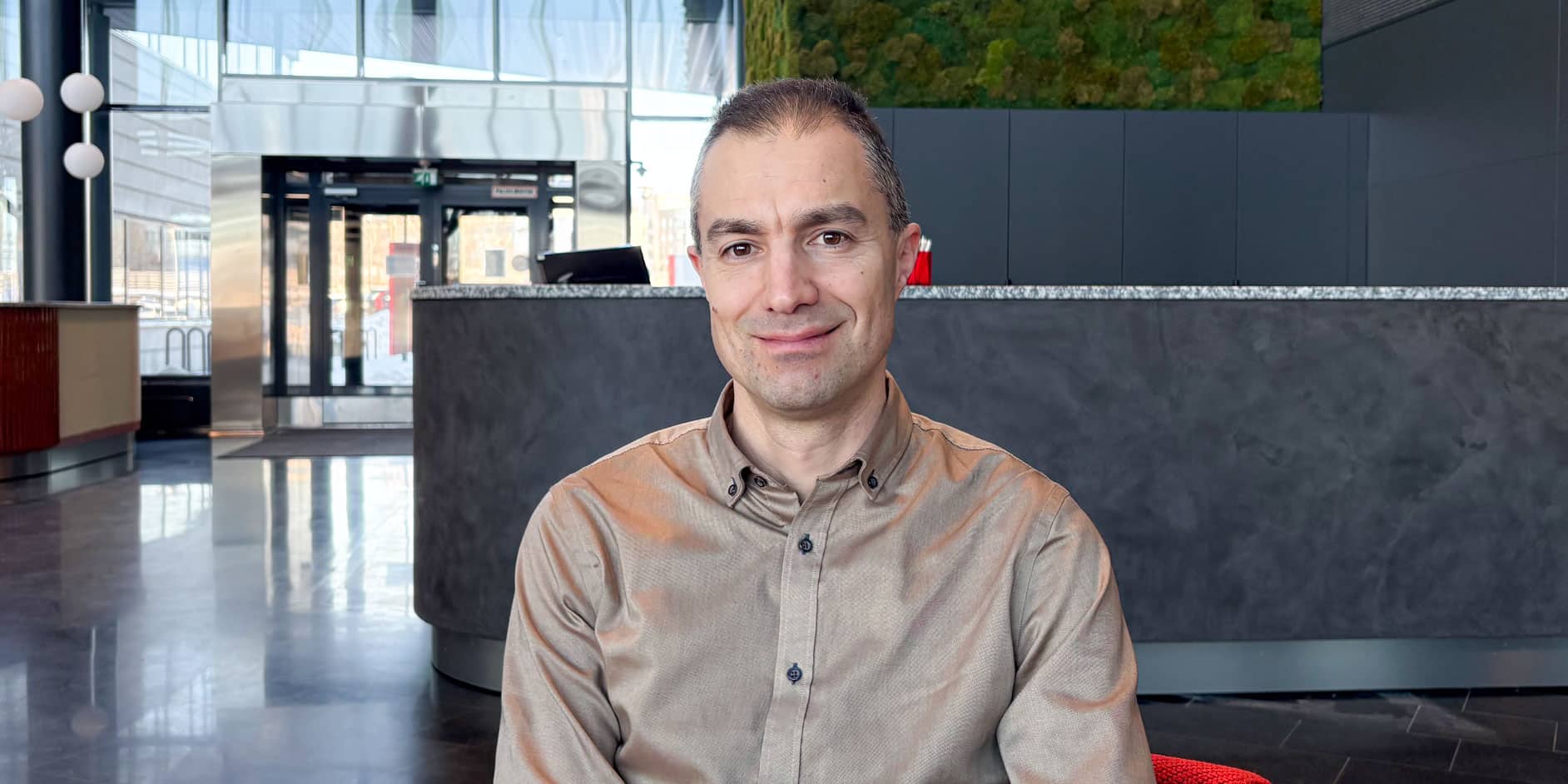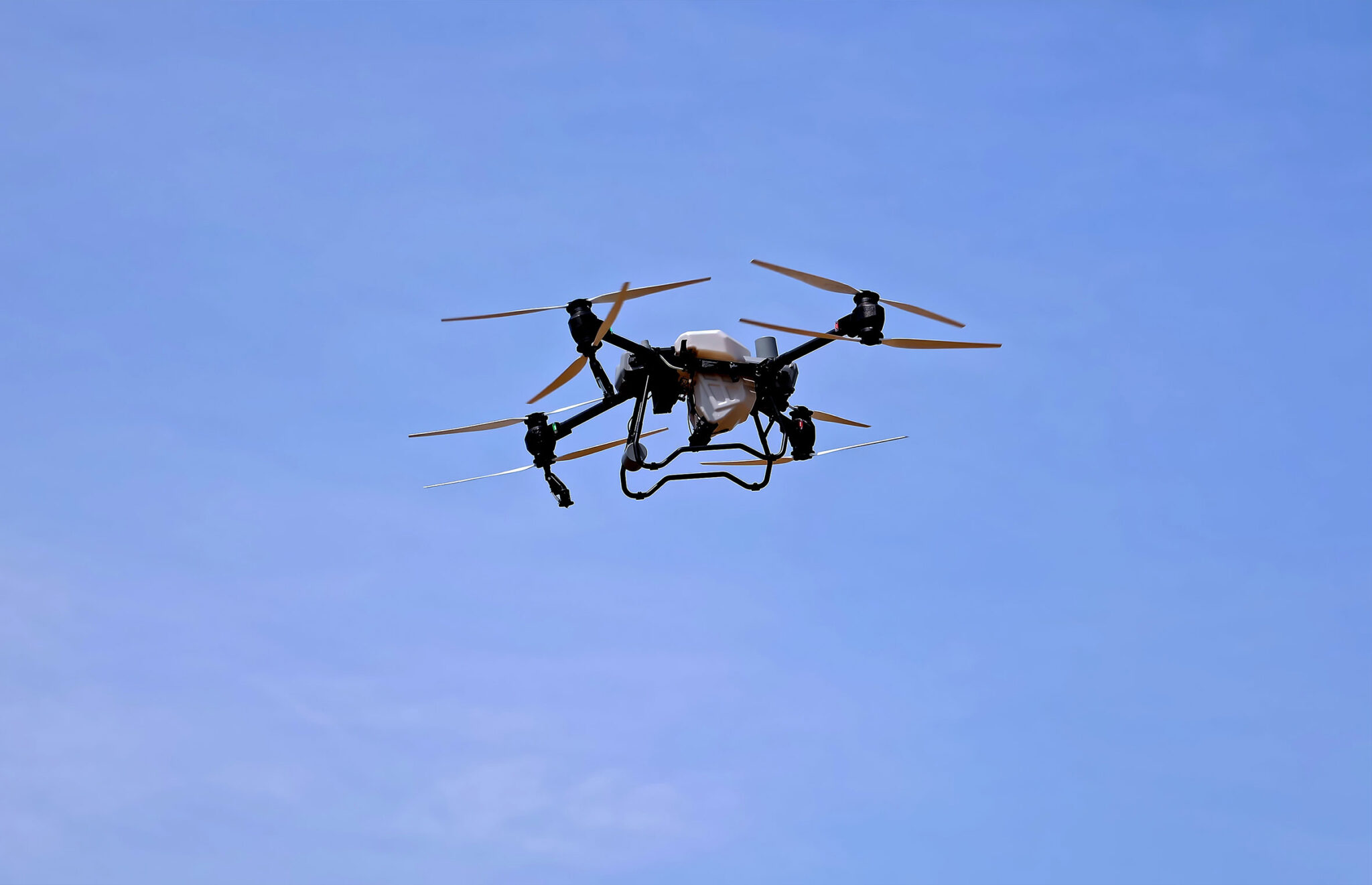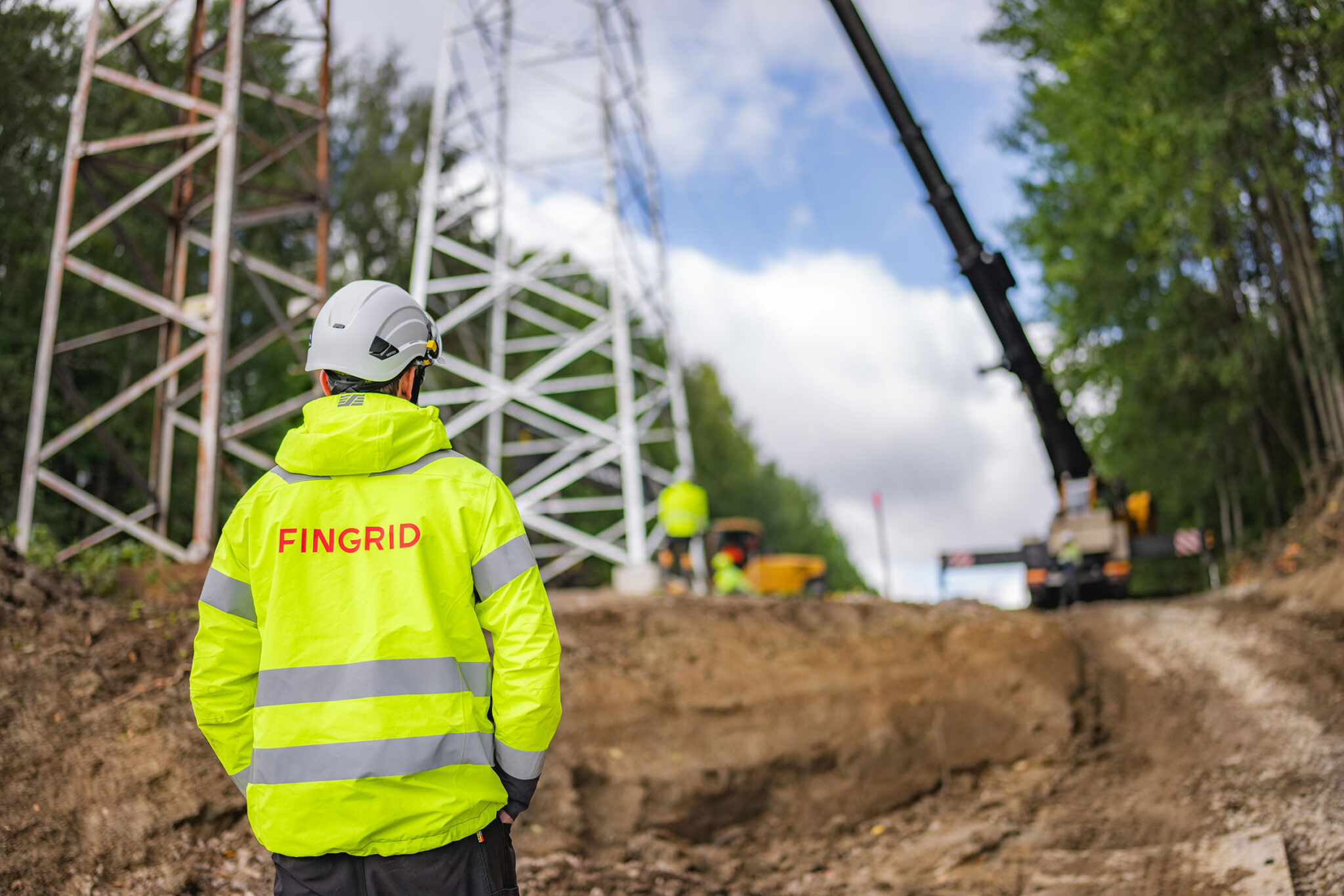What is going on at work at the moment?
All sorts of things! One tangible project that we have been working on a lot over the last year is the third cross-border connection to Sweden. We have worked with Svenska kraftnät to plan the construction project and prepare the necessary documents for the authorities.
Over the longer term, the vision for a climate-neutral power system has been keeping us busy. We are working on market modelling. In other words, we are trying to forecast how the electricity market will behave in the future and what this will mean from Fingrid’s perspective. We are analysing what the future could hold for us 15 or 25 years from now and what kind of main grid we will need to have in such a world. Some development requirements arise in all of the scenarios, and these are the ones we should begin working on as quickly as possible. For example, planning and building a transmission line can take five to ten years, so it is important to get started in good time.
How did you end up in your current role?
By the time I graduated from the Lappeenranta University of Technology with an engineering degree in the early 1990s, I had already worked for a few summers at Imatran Voima, an electricity generation company. After I completed my thesis, I stayed on to work at IVO, which is now known as Fortum, and I remained there for almost 25 years. When this position opened up at Fingrid, I was wracked with uncertainty about whether to apply. I enjoyed my previous job, but I was also thinking about the kind of work I wanted to do until I reach retirement. I have been at Fingrid for over five years now, and I am glad I applied for the job. My work motivates me in a different way, and I get to do something I find interesting.
What is good about your work or the energy sector in general?
Fingrid offers the unique advantage of being able to work in collaboration with other companies. We are able to – and actually, we really should – work with other Nordic and European network operators. This provides an opportunity to consider how to address things together. At the same time, I also get to know international colleagues and receive support from outside Fingrid.
Collaboration is also highly visible within my unit. I have nice colleagues, and we have a good team with a diversity of expertise.
What types of challenges could you face in your work in the future?
The climate-neutral power system poses the greatest challenges. It will require more wind and solar power, which fluctuates depending on the weather. At the same time, electricity consumption will increase as industry transitions from fossil fuels to green electricity.
When energy generation is more weather-dependent, consumption will need to be much more flexible. Not only will it be challenging to develop the power system of the future, but we must also think about the means and tools we need to model it so that we will also be able to propose the best power grid solutions in the future.
What is a lesser-known fact about you?
I enjoy reading historical memoirs, and I watch documentaries about various historical events. Historical fiction is also enjoyable, if it is based on facts. I am particularly keen on Jaan Kross, an Estonian author whose works of fiction are a good introduction to Estonian history. Kross’ books have helped me to see Tallinn in a new light.


